The first time Christine McDonald was trafficked, she was 8 years old. By the time she was 15, she had been sold to the owner of a strip club. She would spend the next 18 years homeless and addicted – sometimes under the control of a pimp – but always having to sell herself to survive. Below is a message from Christine McDonald, survivor of domestic minor sex-trafficking (DMST).
“I’d like to share a story with you that happened to me as a young child right here in Kansas City. In the late 1990’s, there was a group of women who were forced to work in prostitution and we each had a man who was our pimp. We worked within a block or so of one another and we looked out for each other. We would get dropped off at Lykins Park and walk back up to our corners and “check in”. We’d sit on the steps and chat and once in a while we’d be brave enough to share with one another our dream to escape this lifestyle of being controlled and enslaved. One common theme we all agreed on was that if we left, there was nowhere to go – especially not for victims like us. We did not fit into society or feel accepted. We were in an environment where we felt trapped and working beneath the law. We never considered ourselves a victim because of our guilt and shame that was brought on us.
One other agenda we all agreed on was having an opportunity to leave the streets and start a home for victims like us. A place to go where we would be accepted without judgment or fear. A place we could belong and feel safe. The reality of living in this lifestyle is that you feel so small, so microscopic and invisible. Rarely did we dare share who we were, as if in fear to lose ourselves forever or be threatened by the man who was in control of our lives.
As I remember these discussions with the women I considered my friends, I am saddened as I am the only one who survived this terrible lifestyle that was no fault of my own. One of my friends was murdered by a buyer of sex. One lady tried to leave but could not move beyond the shame and trauma and overdosed taking her own life. The third woman was dying of cancer and she went through this whole process by herself with no family or friends by her side. Other times I reflect on my friends and I struggle with survivor’s guilt. Somehow, I made it out even though I did not have a program that helped me. It was not easy but with God’s presence and His strength I fought hard to be safe, to find a home, to get the necessary assistance I needed to survive.
Today, Restoration House of Greater Kansas City is the home, the safe haven, the hope we dreamed of. Restoration House of Greater Kansas City has compassionate staff who take care of you unconditionally and work with each individual woman that comes into the program. The hope we never knew exists today. The needs are many and we need caring people like you to provide financial support to RHGKC. The programs and services include housing, food, clothing, recovery counseling, addiction recovery, education, job skills, medical care, and a safe community.
When I consider rehabilitation, I realize that none of the women in the program will return to who they were before their first victimization. But at RHGKC they have a platform for healing for those trapped in lives of prostitution and commercial sexual exploitation. The women and girls have a chance at hope, and a safe place so that they do not need to die at the hands of a buyer, a trafficker, or at their own hands due to hopelessness and despair.”
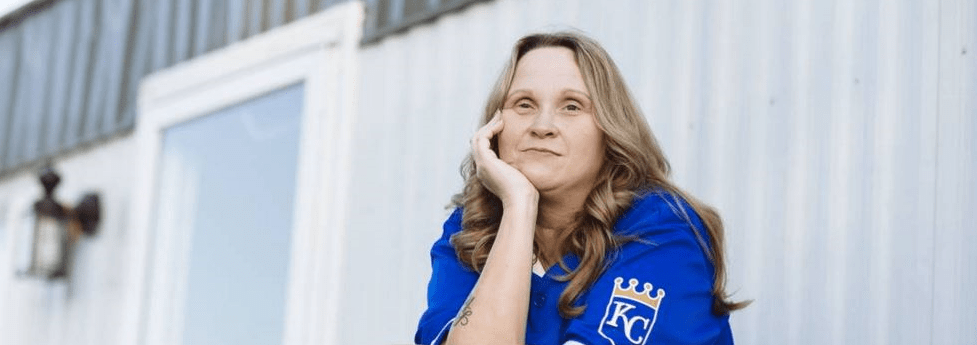
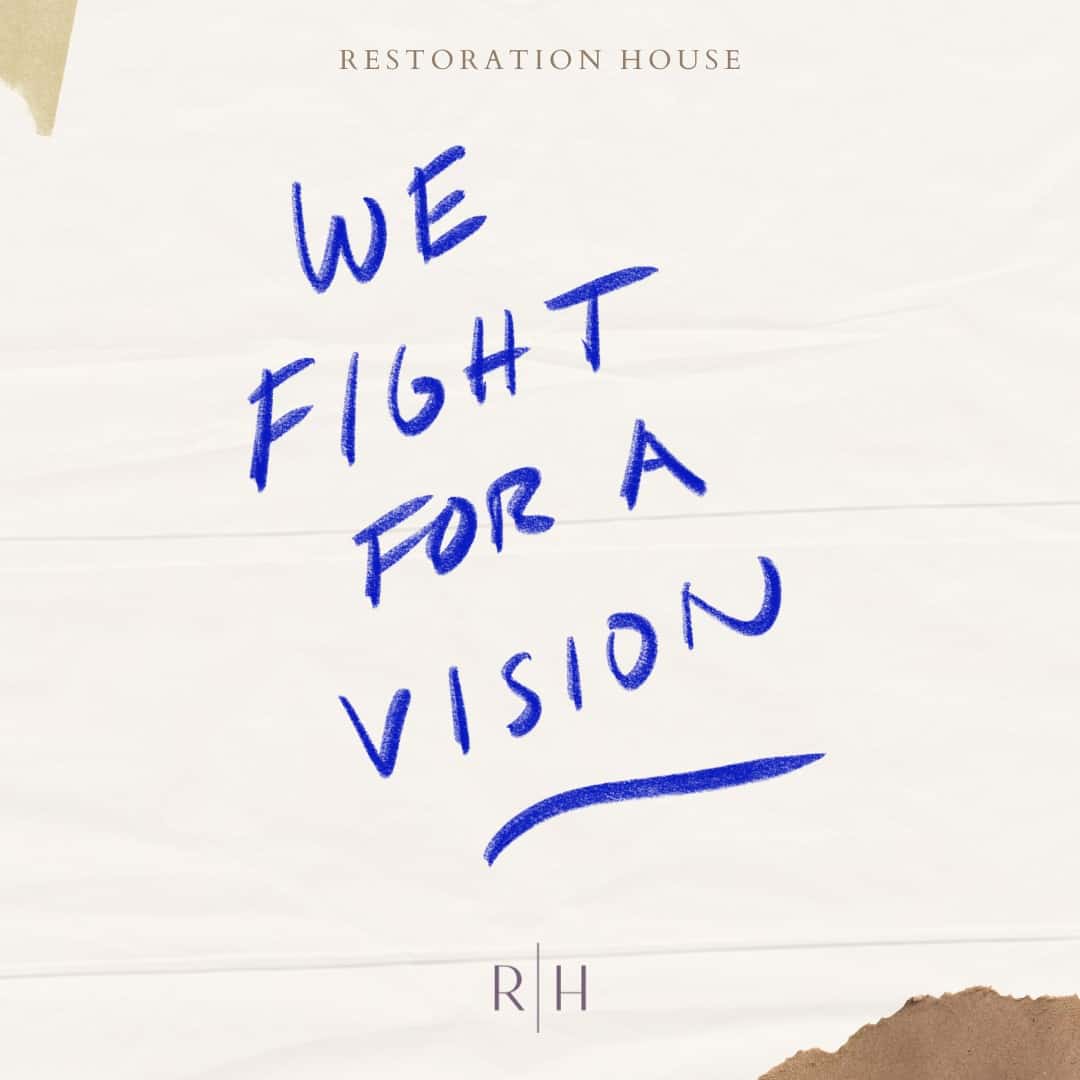
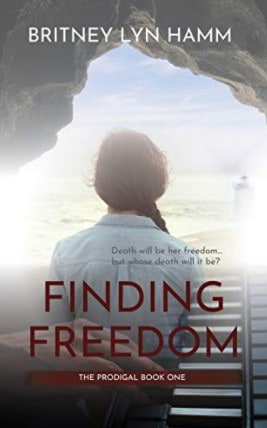
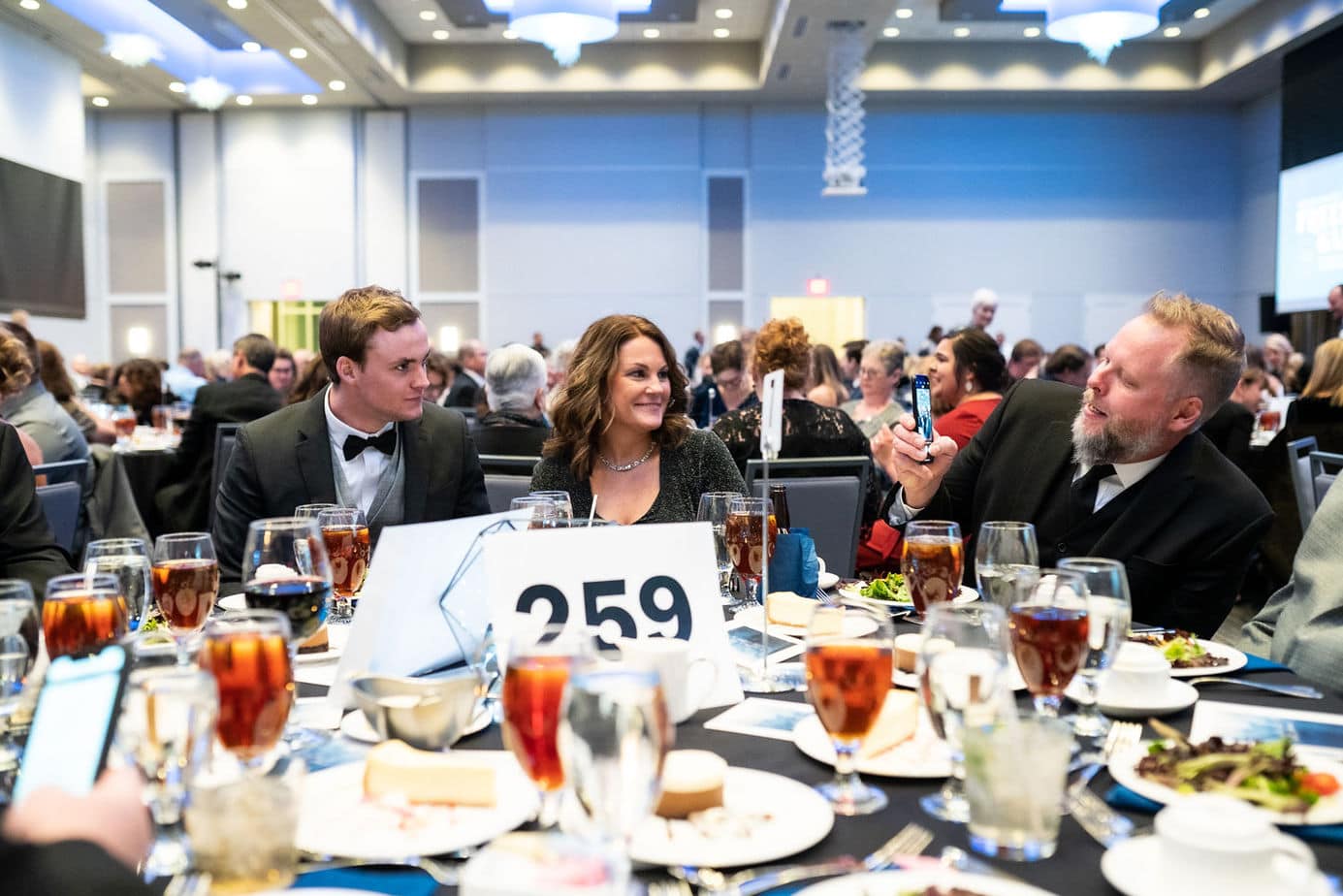
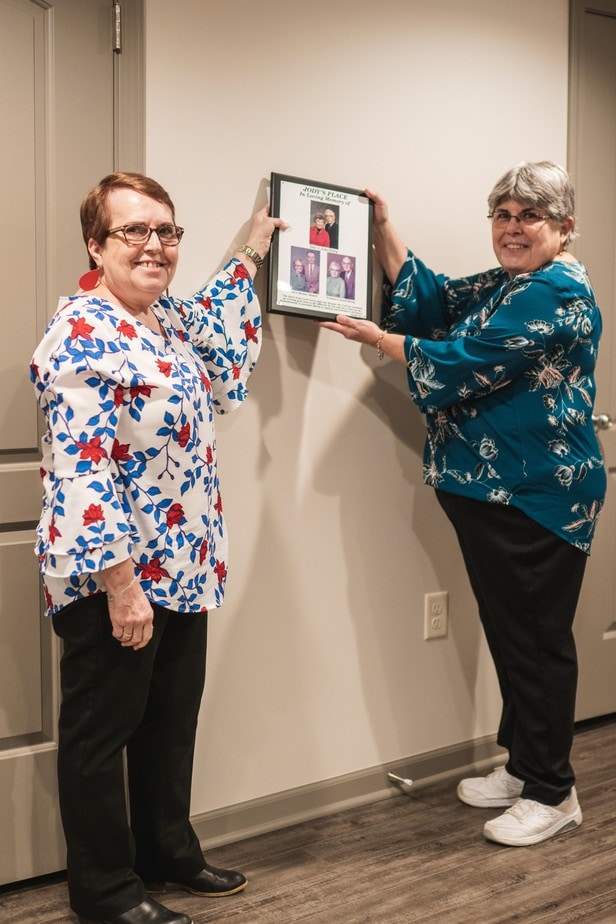
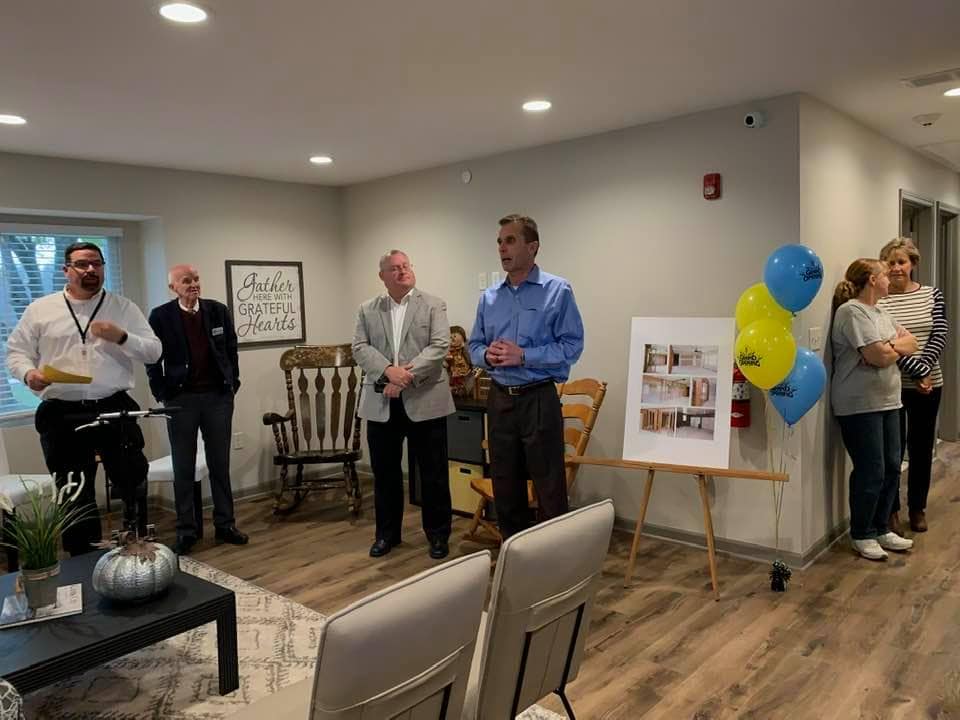
Thank you for sharing your story! You are incredibly brace! I’m so grateful for this ministry and for the good work it does. Such a beacon of hope!
Bless you! You are using your pain to help others that are hurting too…. thank you!